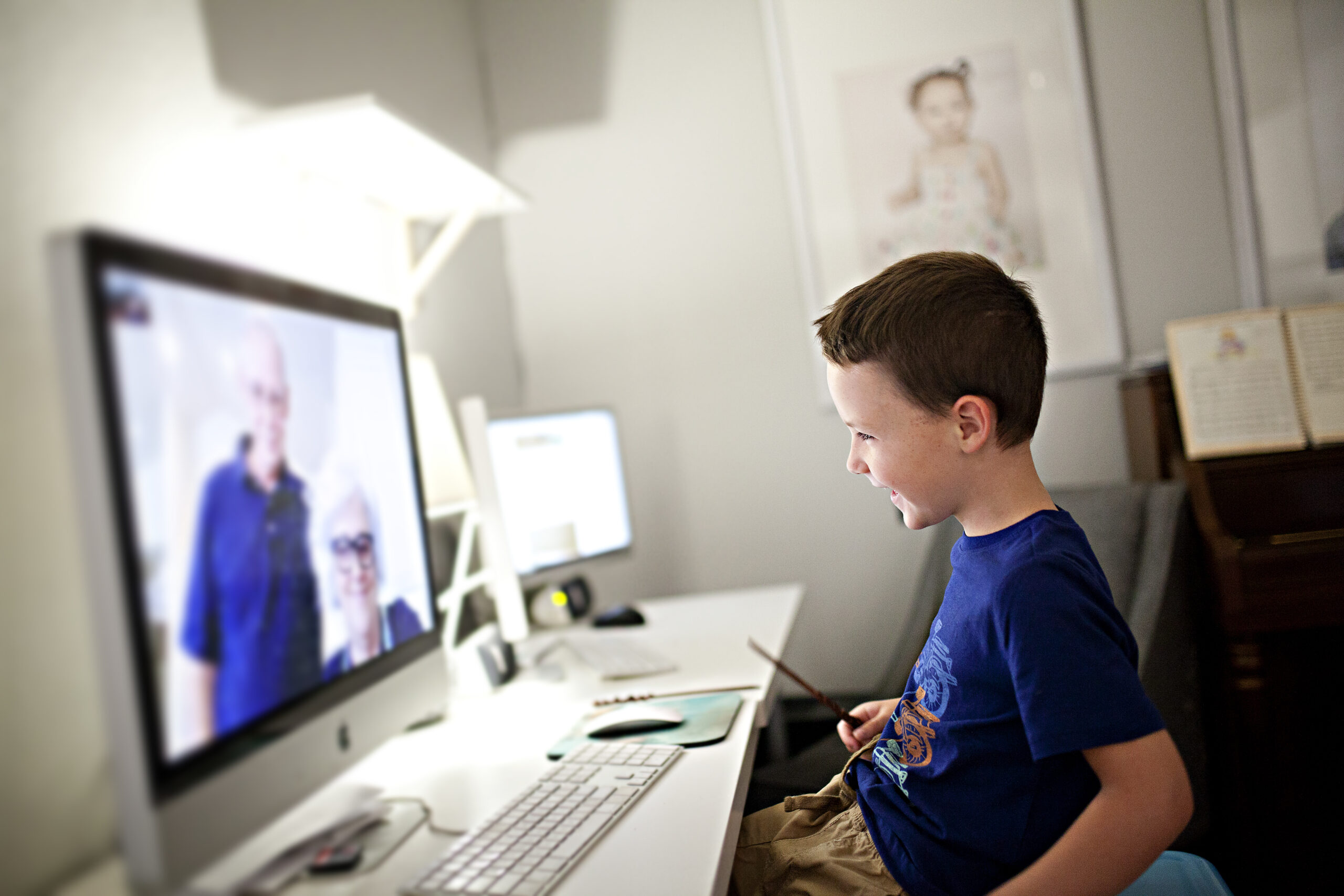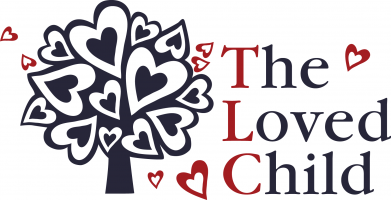
14 May Coronavirus and Kids: How to Talk to Children About COVID-19
The current public health situation can seem overwhelming right now for many families. Work is in flux, kids are separated from friends and their usual routines, and balancing everything amid a pandemic is unlike anything we’ve ever faced.
Addressing COVID-19 with children directly can also be hard in itself. What’s there to say? The future itself is such an unknown. How are parents supposed to talk about the virus with their children, without causing any anxiety in them?
But remember: kids are much more perceptive than we sometimes give them credit for.
They understand that something is going on, and without addressing the topic with them, they’re left to their own devices to come up with an explanation about what’s going on. This uncertainty will make children anxious and likely come to incorrect and scary conclusions on their own.
Let’s look at some universal tips on how to talk to kids about coronavirus, along with some age specific ideas that you can implement in the household to create a sense of normalcy.
For All Ages
Kids thrive on routines: they wake up, go to school, go to their play group, have dinner, have playtime… they (and you) know the drill.
With COVID-19, though, this predictable routine was completely disrupted.
Take the time to explain to your kids why the routine has changed while also making a clear and predictable new routine for them to follow.
You don’t need to get into the deep details of COVID-19 to explain this. Something as simple as telling them that there is a new “germ” that can make people sick, which is why everyone (not just them!) is staying home to stay safe and healthy.
Once you’ve addressed that, move into your new routine. It helps to have a defined schedule that kids and adults can follow together. If you can, mimic what your child was doing before: snack time, outdoor time, break/free time, etc. Also, make sure your new routine includes safety measures for staying healthy.
Lastly, the American Academy of Pediatrics reminds us of a simple thing, but surely the most important one: now is the perfect time to offer extra hugs and tell your kids “I love you” more often.
Avoid Oversharing
As you have this conversation with your kids, we mentioned not getting too detailed. Harvard Health says that parents should, “try to strike a balance between answering questions well enough without fueling the flame of anxiety.”
It’s easy to accidentally give too much information than a child really needs. But, not addressing it at all will cause children to answer the issue themselves with imaginative and hyperbolic explanations.
Kids need you to address the situation in a simple and understandable way.
However, allow them to ask you questions as they come up.
Asking them how they’re feeling and what questions they have will help you understand what’s bothering them and what’s causing them anxiety during this time. This helps you shape your response and understand what’s going on in their minds.
Toddler to Preschool
It’s important to keep in mind that while toddlers and preschool aged children might not understand exactly what’s going on, they’re very perceptive and good at hearing things that you might not have intended for them to hear. That’s why you’ll want to try and keep things light, and be careful about your news consumption — TV and radio particularly — around this age group.
This age group is also perceptive of body language and your emotions. If you’re upset, they’ll be upset. If you’re overly anxious, they will be too. It’s about how you say something just as much as what you say.
If you feel yourself getting anxious, upset, or overwhelmed, take a minute to step away. Go for a walk, take a bit longer in the bathroom, speak with your friends, etc. Then, come back to the situation or conversation with your children once you’re calm and collected.
On that note, take some of this extra time together to practice some regular mindfulness routines. This can be good for the kids and parents!
The most important things to portray are staying honest if they have questions while also staying reassuring and soothing their worries.
Young Children (Preschool – Elementary)
You can handle the conversation and situation with young children from preschool age to elementary similarly to the younger group: be honest, reassuring, and aware of your own emotions around them.
But these older children will have a better grasp at what’s going on. They might also have more exposure to the Internet and television that you don’t have as much control over.
As we said earlier, overwhelming kids with information can fuel the fire of anxiety but not enough info can do the same. The CDC stressed this on talking with children about coronavirus: “Make time to talk. Be sure children know they can come to you when they have questions.”
The best course of action is to follow their lead. If they’re satisfied with your discussion and seem alright, don’t push it.
You don’t have to force the conversation, especially if they aren’t ready or aren’t anxious! Simply let them know you’re there for them and they can ask you any questions they have.
Pre-Teens and Teens
Pre-teens and teens are going to be the most involved in the news and current events, especially if they have their own phones, computers, TVs, etc. They’re also in contact with their friends who can spread information to them… both accurate and otherwise.
The first few weeks of social distancing for this age group was probably tough, especially with their burgeoning independence and the desire to be with their friends and peers.
Empathize with them and listen to their struggles, and give them space to grieve this lost time with their friends. Also, as teenagers navigating complex social landscapes, they may feel some relief as well! It’s important to reassure them and offer compassion during this strange time.
We’d recommend having you reduce their screen time. Too much involvement with the current events can lead to anxiety, so reducing the time they’re taking this information in can help manage that stress.
You should also take the time to debunk any false information they’re getting. Pre-teens and teens with their access to the Internet and information from social media could pick up a lot of the inaccurate information that spreads like wildfire.
Speaking with them clearly and informed about what’s going on will calm them down and help you understand what they’re getting from television and the Internet. And listening to them and affirming their feelings will help them understand they can talk to you about the virus and its effects.
Want Some More Advice on How to Talk to Kids About Coronavirus?
The bottom line on how to talk to kids about coronavirus is pretty simple: be honest, reassuring, and calm without oversharing or projecting your own anxieties onto them. And just as important during a conversation: listen to your children and keep an eye out for cues about how they are feeling.
This is definitely easier said than done, and we completely understand that.
The Loved Child wants to continue to be a support and educational resource for families. If you’d like more personalized help, we’re offering individual consultations to offer advice and support.
We also have a number of online parenting courses available to help you stay connected with a community in the same situation.


